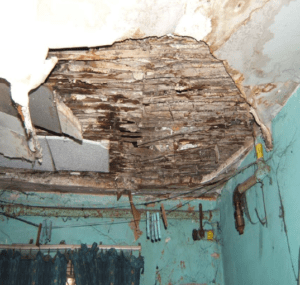 The Homes Act applies to:
The Homes Act applies to:
- Private tenants
- Housing association tenants
- Council tenants
The Homes Act does NOT cover people who have ‘licences to occupy’, instead of tenancy agreements. This may include lodgers (people who live with their landlord), some people who live in temporary accommodation, and some, but not all, property guardians.
The type of housing you live in, for example a bungalow, house or flat, is not important. It also doesn’t matter how you pay your rent, or if you are on Housing Benefit or Universal Credit. It is the agreement that you have with your landlord or letting agent that matters.
If you signed your contract before 20th March 2019, you will have to wait until 20 March 2020 before you can use the Homes Act (unless you sign a new tenancy or your tenancy becomes a monthly rolling contract).
If you signed your tenancy agreement contract on or after 20th March 2019, you can use the Homes Act immediately whether or not this meant you moved into a new property.
Your landlord is responsible for fixing a lot of problems in your home. However, there are some exceptions:
- Problems caused by tenant behaviour
- Events like fires, storms and floods which are completely beyond the landlord’s control (sometimes called ‘acts of God’)
- The landlord will not repair your possessions or furniture belonging to previous tenants
- If the landlord hasn’t been able to get permission from certain other people e.g. like the owners of a building that has flats in it, or the local council if planning permission is needed.
You also need to tell them what needs to be fixed in writing if possible (this includes by email or text, provided you keep them as evidence), to your landlord. You should allow your landlord a reasonable amount of time to fix the problem.
If you think your landlord has taken too long to fix a problem that makes the house or flat unfit you will need to write to your landlord again asking them to solve the problem. You should do this in writing by email or letter. If you go to court, you will need to show that you tried to sort out the problem with your landlord first. If you have a letting agent, send the letter or email to them too.
Your letter or email should state what needs putting right, when you reported it and if you had to report it more than once, as well as any problems you have had because of the state of your home – for example if it has made a physical or mental health condition worse.
Keep a copy of the letter and any reply you get. Your landlord might offer to make repairs or come to an agreement. This can be easier than going to court.
If the (County Court) decides that your landlord has not provided you with a home that is fit for habitation, then they can do one or both of these two things:
- Make your landlord do the necessary works to improve your home
- Make your landlord pay you compensation
The court will decide how much the compensation should be by looking at how long the house or flat was unfit, how bad it was and how this harmed you.
Be aware that you will have to pay a fee to take the case to court e.g. a claim with a value of £5K-£10K costs around £400 (but you may be able to apply for Legal Aid to cover these if you have savings below a certain level and are on a low income or in receipt of certain benefits).
Also, if you do not win the case in court, you might have to pay some costs. If you’re worried about this, you may want to consider speaking to a solicitor, the Council, Shelter or Citizens Advice.
Finally, 2 other things to be aware of:
1.) If you can’t use the Homes Act you can still go the Council and get the Environmental Health officers to help you with disrepair issues
2.) Just because the court orders your landlord to pay you compensation, it does not automatically mean they will pay it, and you may have to pursue them further for this
Click here for more detailed guidance



